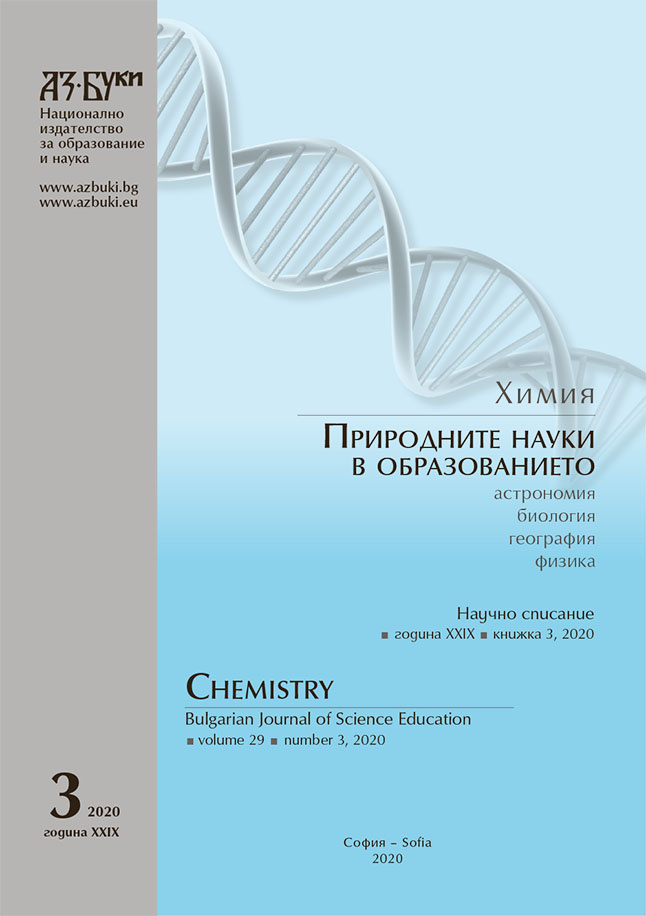Природните науки в PISA 2015: данни и изводи от въпросниците
Science Domain in PISA 2015: Questionnaire Data and Conclusions
Author(s): Adriana Tafrova-GrigorovaSubject(s): Social Sciences, Education, School education, State/Government and Education, Inclusive Education / Inclusion, Sociology of Education
Published by: Национално издателство за образование и наука „Аз-буки“
Keywords: science education; PISA; school learning environment; school resources; science teachers
Summary/Abstract: The most important goal of the Programme for International Student Assessment (PISA) is to help the policy makers in participating countries to take appropriate and efficient measures to improve education in their counties including a more effective targeting of financial resources. PISA 2015 collect numerous and diverse data on 15-yearoldstudents’ scientific literacy as well as a comprehensive contextual information on the students, their family backgrounds, teachers, schools and educational systems. PISA asks student teachers and school principals to respond to questionnaires on economic, social, and cultural background of students and their families, on students’ attitudes towards learning, their habits and life in and outside of school, quality of the schools’ human and material resources, public and private management and funding, decision-making processes, staffing practices and the school’s curricular emphasis and extracurricular activities offered, the context of instruction, including institutional structures and types, class size, classroom and school climate, and science activities in class as well as on students’ attitudes and motivation to learn science, and their future career. As science isthe major domain assessed in PISA 2015, the relation between students’ achievements on one hand, and on the other – teaching approaches, teachers’ qualifications, school resources, students’ interest and motivation to learn science, their career choices in the field of science, technology, engineering and mathematics, is a valuable source and a basis for the decision-making in improving science education. This article presents an analysis and conclusions on the PISA 2015 questionnaires as it is the last PISA survey focused on school science. 72 countries participated in PISA 2015. To facilitate the comparisons of the responses to the questionnaire the Bulgarian respondents’ data are compared to the average results of the Organisation for Economic Co-operation and Development member countries, and of five other countries selected on the basis of certain criteria.
Journal: Химия. Природните науки в образованието
- Issue Year: 29/2020
- Issue No: 3
- Page Range: 308-341
- Page Count: 34
- Language: Bulgarian
- Content File-PDF

